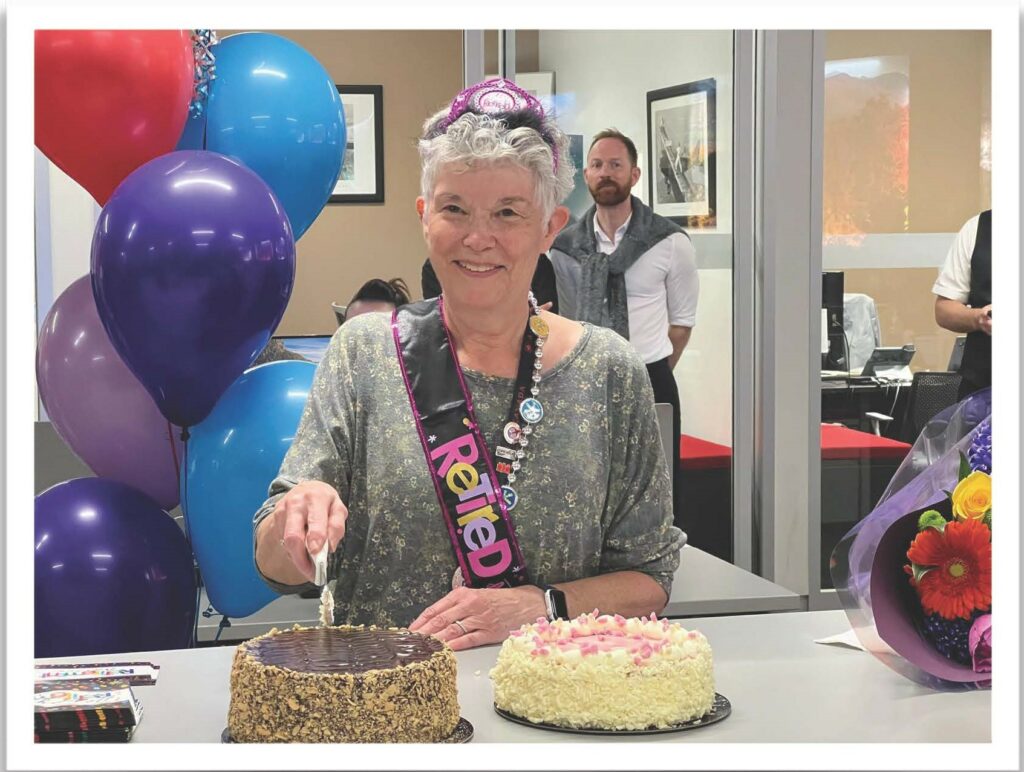Defined Benefit vs Defined Contribution.
What’s the difference?
Our membership both at Mainline and Rouge, are contributing into a Defined Benefit (DB) pension plan.
That said members that were hired on or after November 7th, 2011, are part of the Hybrid plan. Members in the Hybrid plan contribute 50% into a Defined Benefit (DB) pension plan and 50% into a Defined Contribution (DC) pension plan.
The following is a general explanation of the difference between a DB and DC pension pertaining to pension payment benefits, contributions and who is liable for pension deficits.
Pension Payment Benefits When Retiring:
Defined Benefit (DB):
Members know the exact pension payments they are to receive, no matter what happens in the financial markets or if there is a deficit in the pension plan. That is why a DB plan is called Defined Benefit: the benefit is defined.
Defined Contribution (DC):
In a DC plan, the pension payments are dependent on market conditions. Therefore, pension payments are hard to project ahead of time. If the financial markets are high, the value of the funds in the DC plan will be higher. If the financial markets drop, then the value of the investments in a DC plan would drop as well and thus would lower the amount one would receive once retired.
Contribution Amounts:
DB: The contribution amounts are set and cannot be changed by the member.
DC: Each member can choose their contribution amounts. That is why a DC plan is called Defined Contribution: the contribution amount is defined by the member.
Who Is Liable When There Is a Deficit?
DB: the employer is liable for any pension deficits.
DC: the employee is liable for any deficits in their Manulife plan.
One Is a Pension Plan (DB), The Other Is a Saving Plan (DC):
DB: is a pension plan. Our DB pension is a managed by an Air Canada subsidiary called Trans-Canada Capital “TCC”. Contributions are pooled together; therefore, members do not choose how or what their money is invested in.
DC: is a savings plan. It is currently managed by Manulife. Members are responsible in choosing what to invest with their contributions. Advisors are available through Manulife for those who are unfamiliar and are seeking assistance or clarification with their investment choices.
This briefly summarizes the difference between a DB and DC pension plan.
For more information about your pension plan please refer to your Pension Employee Booklet that can be found on the Alight website.
Are you a member of the Hybrid plan? If yes, then take advantage to boost your contributions!
Members under the Hybrid pension plan can increase their contributions for the Defined Contribution (DC) component of their pension plan.
Reminder: Members of the Defined Benefit pension plan are unable to change their contribution amounts.
A new member who contributes $100 into their Defined Contribution plan, are matched at 100%. Therefore, a member who contributes $100 will have $200 in their DC account.
By taking advantage of this matching, members benefit by compounding their money. The more money one puts in early in one’s career, the greater the benefit over time.
For more information about increasing your DC pension contributions at Manulife, click HERE.
Safe travels,
Your Component Pension Committee:
Marc Roumy (Chairperson)
Henly Larden (Member)
Caroline Lozeau Gelinas (Member)
Stefanie Falotico (Rouge Member)
pensions@accomponent.ca
Did you know?
Currently, 65% of Hybrid members are not contributing the maximum in their DC plan at Manulife. A year ago, it was at 73%.
This is a small but positive improvement; 8% more members have maximized their contributions in their DC plan within a year.



